Back to Courses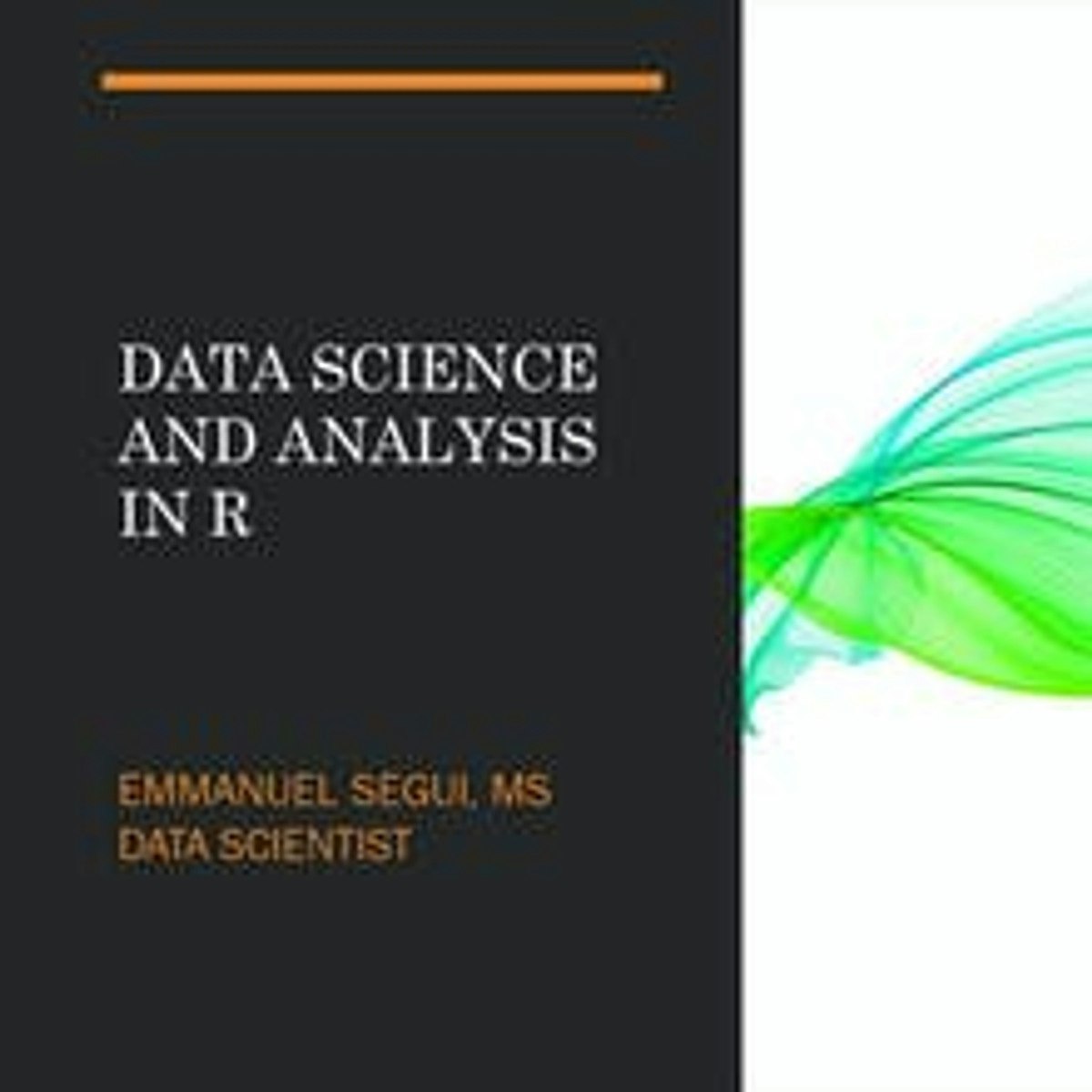


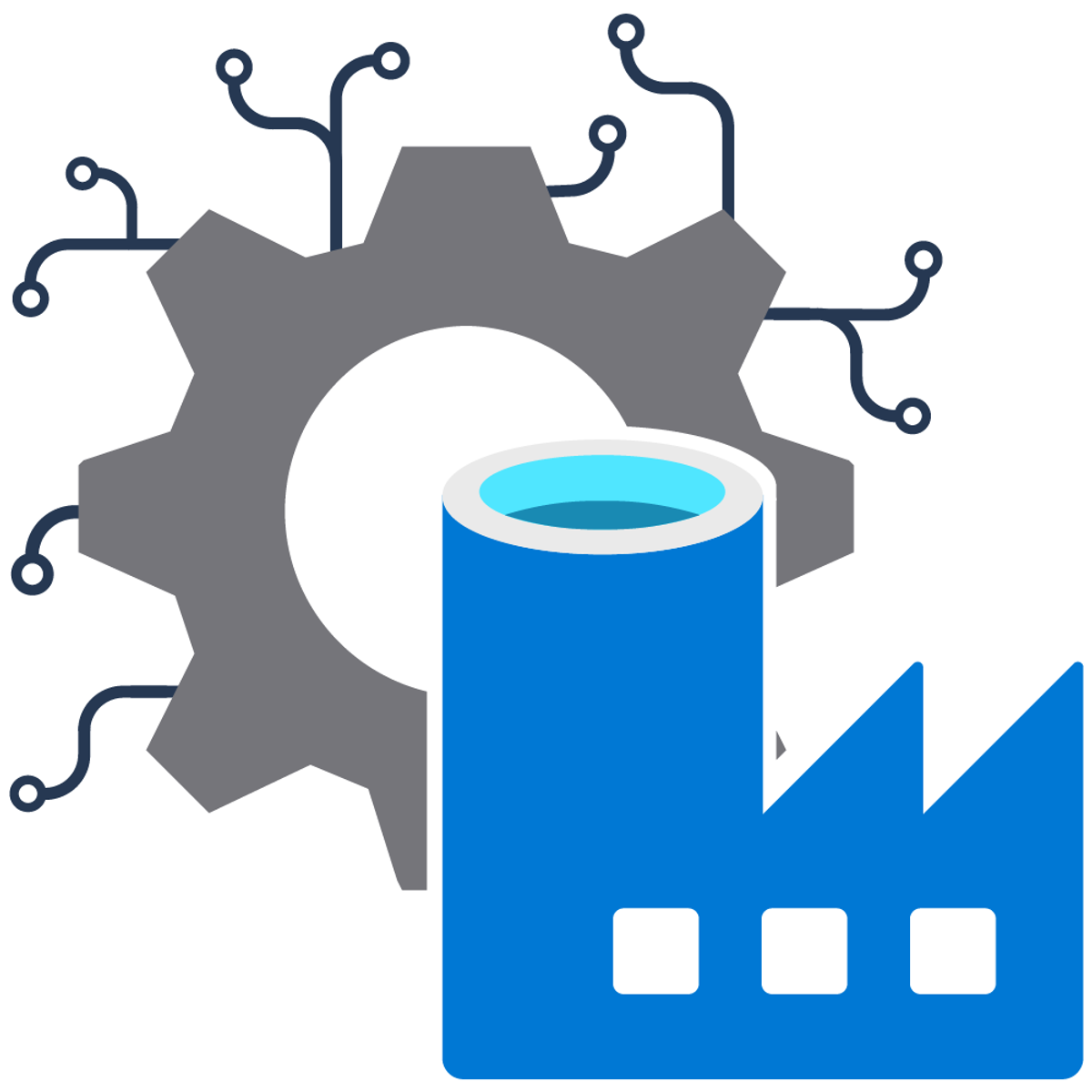

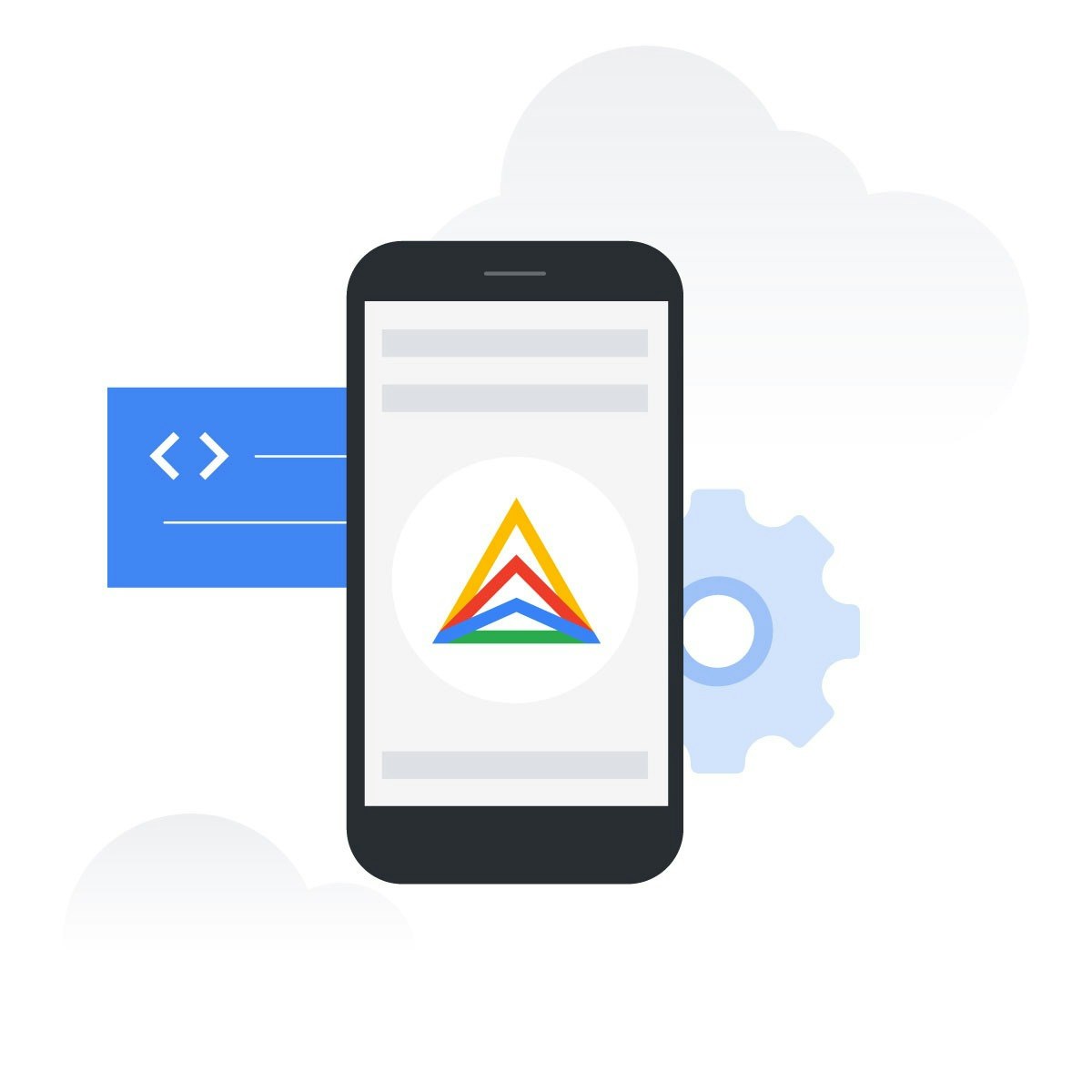

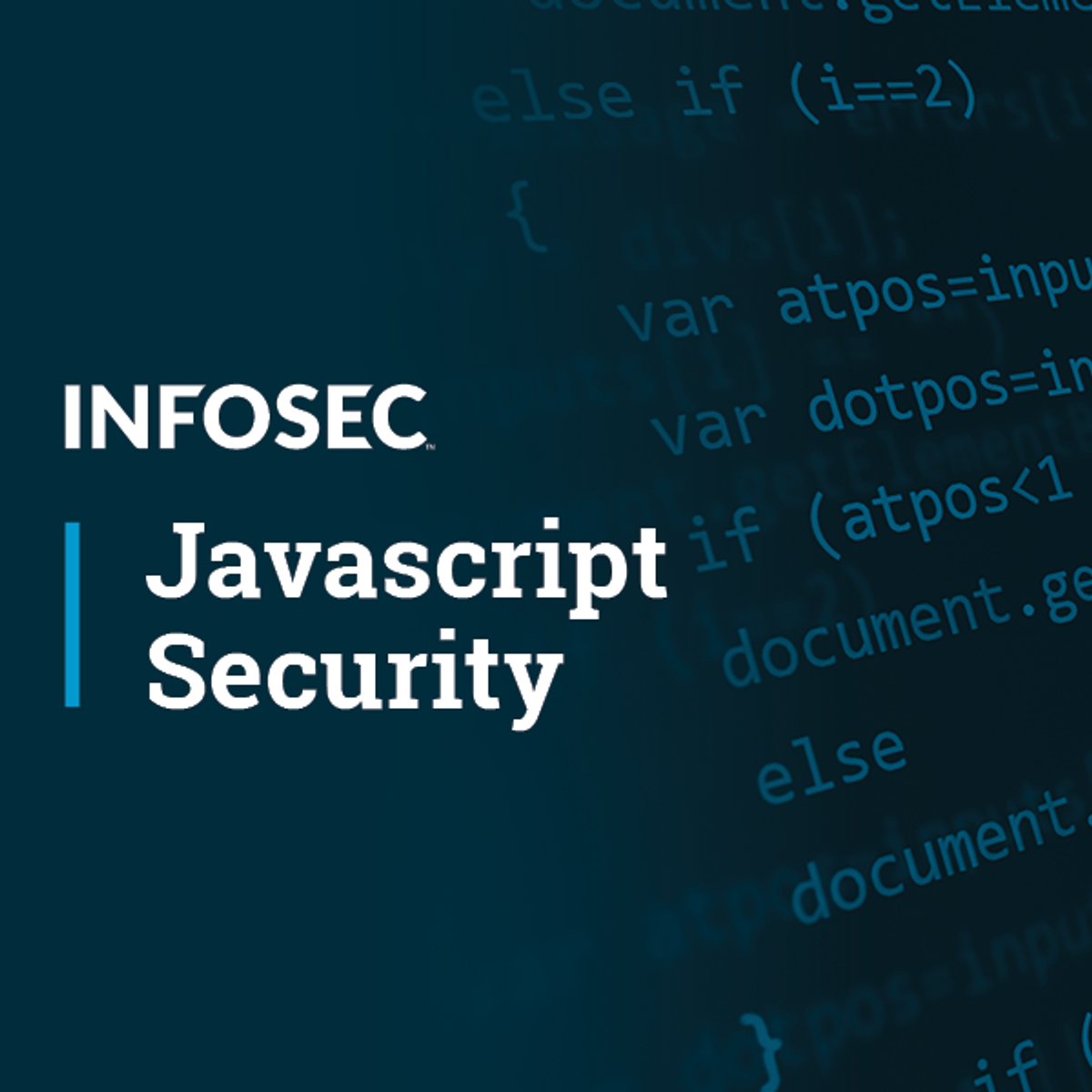
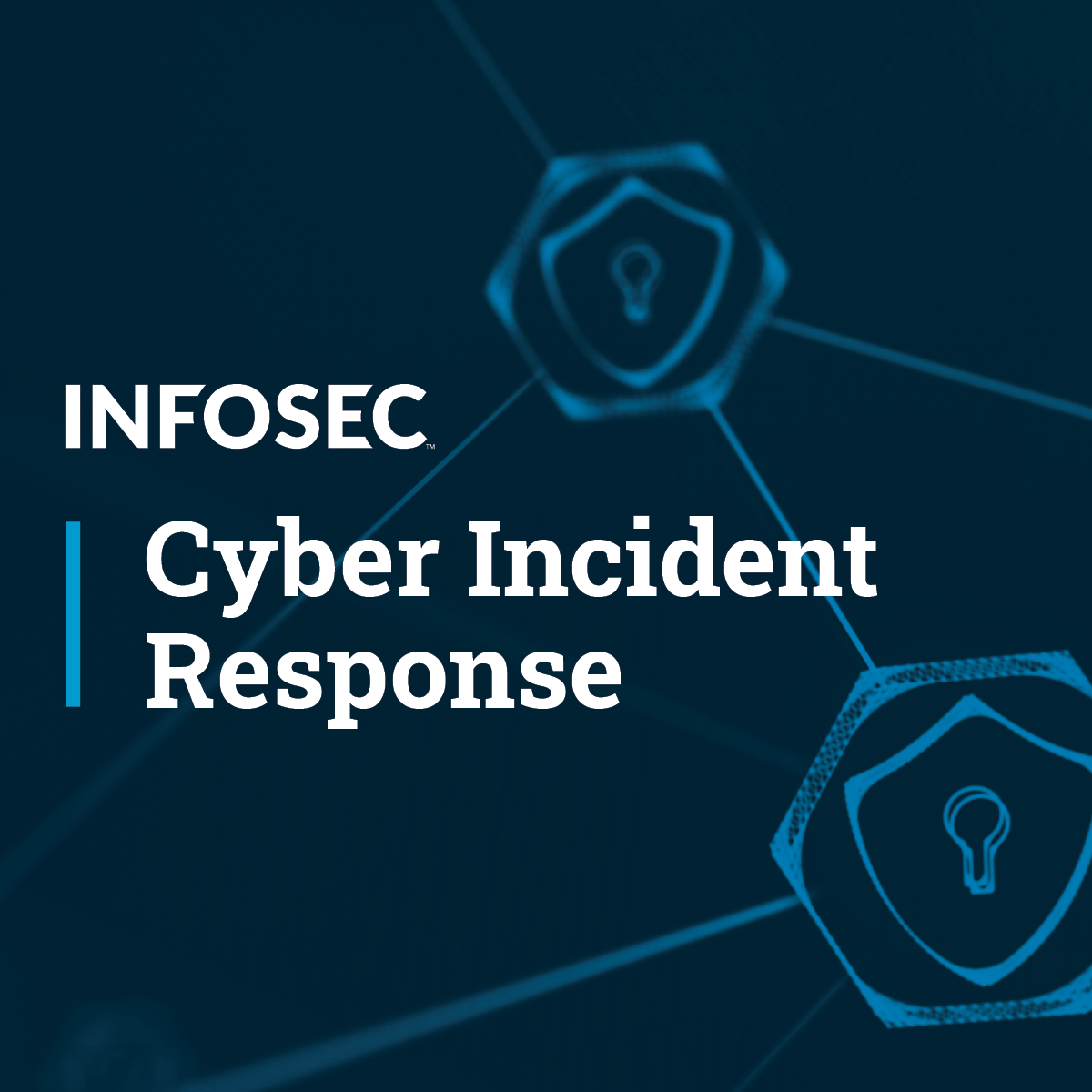

Information Technology Courses - Page 22
Showing results 211-220 of 1471

Publication-Ready Tables in R
Learn how to create Publication-Ready Tables in R for descriptive statistics, contingency tables, correlation tables, model summary tables and survival probabilities tables

Designing and Querying Bigtable Schemas
This is a self-paced lab that takes place in the Google Cloud console. In this lab, you explore a Bigtable instance and use the Bigtable CLI (cbt CLI) to query data in Bigtable. You also design a table schema and row key using best practices for Bigtable.

Working with JSON, Arrays, and Structs in BigQuery
This is a self-paced lab that takes place in the Google Cloud console. In this lab you will work with semi-structured data (ingesting JSON, Array data types) inside of BigQuery. You will practice loading, querying, troubleshooting, and unnesting various semi-structured datasets.

Data Integration with Microsoft Azure Data Factory
In this course, you will learn how to create and manage data pipelines in the cloud using Azure Data Factory.
This course is part of a Specialization intended for Data engineers and developers who want to demonstrate their expertise in designing and implementing data solutions that use Microsoft Azure data services. It is ideal for anyone interested in preparing for the DP-203: Data Engineering on Microsoft Azure exam (beta).
This is the third course in a program of 10 courses to help prepare you to take the exam so that you can have expertise in designing and implementing data solutions that use Microsoft Azure data services. The Data Engineering on Microsoft Azure exam is an opportunity to prove knowledge expertise in integrating, transforming, and consolidating data from various structured and unstructured data systems into structures that are suitable for building analytics solutions that use Microsoft Azure data services. Each course teaches you the concepts and skills that are measured by the exam.
By the end of this Specialization, you will be ready to take and sign-up for the Exam DP-203: Data Engineering on Microsoft Azure (beta).
Cloud Systems Software
This course provides an introduction to programming frameworks and their implementation issues in the Cloud. It explains multiple topics, including: scalable distributed data stores, resource management (for supporting multi-tenancy and elasticity) and virtualization techniques. Optionally, the student will also be guided in the implementation of a basic version of the distributed runtime system for the Map-Reduce programming framework

Hybrid Cloud Modernizing Applications with Anthos
Course four of the Anthos series prepares students to consider multiple approaches for modernizing applications and services within Anthos environments. Topics include optimizing workloads on serverless platforms and migrating workloads to Anthos. This course is a continuation of course three, Anthos on Bare Metal, and assumes direct experience with the topics covered in that course.

Monitoring and Managing Bigtable Health and Performance
This is a self-paced lab that takes place in the Google Cloud console. In this lab, you monitor disk and CPU usage in a Bigtable instance, update an existing cluster to apply node autoscaling, implement replication in an instance, and back up and restore data in Bigtable.

JavaScript Security Refreshers
This course is a Secure Javascript Programming Overview. It gives the student an introduction to JavaScript security and covers important topics like authentication best practices and refreshers on JavaScript, Web browsers and Node.js.

Stages of Incident Response
The Cyber Incident Response course will give students an understanding of how incidents are responded to at a high level, as well as allow them to build important technical skills through the hands-on labs and projects.
This course starts with a high-level discussion of what happens at each phase of responding to an incident, followed by a technical deep dive into some of the more exciting parts of memory, network, and host analysis and forensics. This course is for anyone wishing to apply learned forensics and offensive knowledge such as ethical hacking to the incident response process.

Processing Data with Google Cloud Dataflow
This is a self-paced lab that takes place in the Google Cloud console. In this lab you will simulate a real-time real world data set from a historical data set. This simulated data set will be processed from a set of text files using Python and Google Cloud DataFlow, and the resulting simulated real-time data will be stored in Google BigQuery.
Popular Internships and Jobs by Categories
Browse
© 2024 BoostGrad | All rights reserved


